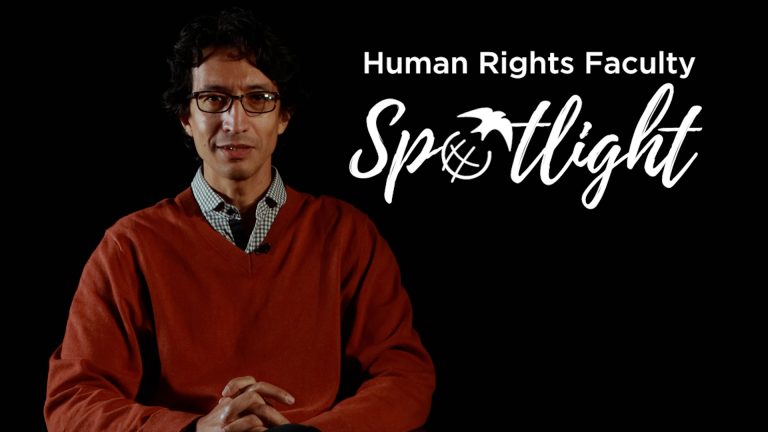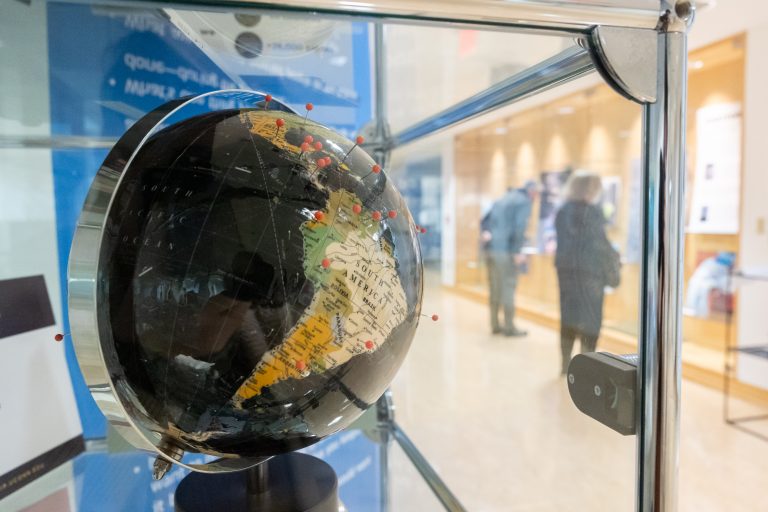The Research Program on Global Health and Human Rights serves as a forum for UConn’s scholarly community interested in global health, human rights, and health inequities. This program is an integral part of the Gladstein Family Human Rights Institute, seeking to understand human rights based approaches to health challenges.
News
Too often history is written by the powerful. A UConn anthropologist made sure the story of COVID-19 was chronicled by the rest of us
A repository of data detailing the personal experiences of more than 1,800 people living during the COVID-19 pandemic is available to researchers for the first time
‘Can we create new indicators of well-being using this Indigenous concept of Buen Vivir?’
- columns: 4
- pictures: on
- number-of-posts: 4
- post-slugs: hri-faculty-spotlight-cesar-abadia-barrero,uconn-magazine-who-tells-our-pandemic-story,pandemic-journaling-project-archive-opens-for-research,buen-vivir-examining-well-being-in-colombia-at-a-time-of-protest-and-police-violence
- show-excerpt: on
- safe-fetch: 1
Upcoming Events
Past Events
Projecte Úter: An Interactive Workshop on Visual & Oral Storytelling
October 17, 2024 | 3:30 PM - 6:00 PM | Homer Babbidge Library
Join artist and organizer Carles García O’Dowd in an interactive workshop on the Úter Project, a collaborative drawing initiative dedicated to sexual and reproductive freedom, exploring personal stories and community connections around abortion and bodily autonomy.
With the Future on our Backs: The Tied Mobilities of Monarch and Human Migrants
October 11, 2024 | 12:00 PM - 1:30 PM | The Dodd Center for Human Rights
Prof. Columba González-Duarte (The New School) discusses migration and time-making projects, exploring the interconnectedness of human and animal movement through a multispecies lens.
Fundamental Insecurity and Unintended Harms of Care in Rural New England
April 16, 2024 | 12:30 - 1:45 PM | Anthropology Colloquium Room
Elizabeth Carpenter-Song draws upon longitudinal ethnographic research centered on housing precarity and mental health among families in rural New England. Over time, she observes oscillating rhythms of stability and instability within families as they face persistent threats to their housing security, grapple with making ends meet on service sector wages, and encounter isolation and stigma within rural communities.
‘Künü: A Space for Dialogue’ with Filmmaker Francisco Huichaqueo
April 4, 2024 | 2:00 - 4:00 PM | Homer Babbidge Library, Class of '47 Room
How can we find balance when we are on opposite sides? Can we build spaces for listening and equality? Künü, a film by Mapuche filmmaker Francisco Huichaqueo, captures the collaborative efforts of 80 Mapuche communities to reclaim part of their ancestral lands from a large transnational forestry company in Chile, Araucanía-Loncoche region.
Visual Power: Harnessing Art, Design, and Collaborative Filmmaking in Participatory Global Health Research
April 3, 2024 | 12:30 - 2:00 PM | The Dodd Center for Human Rights
Sara Baumann introduces collaborative filmmaking during this lunchtime seminar. Her presentation showcases a participatory visual research project called “Art Heals,” which explores the role of public art in recovery, healing, and community building.
Trauma-Informed Interviewing: A Workshop For Field Researchers
December 5, 2023 | 12:30 - 2:00 PM | Homer Babbidge Library
Join Professor of Social Work Megan Berthold and Professor Emeritus of Pharmacy Tom Buckley for an interactive workshop on trauma-informed interviewing for field researchers. This workshop was developed with the needs of graduate students and faculty in mind, though others are welcome to join. Prof. Berthold and Prof. Buckley have extensive experience working with refugees, asylum seekers, Cambodian survivors of genocide, and others who have suffered war-related atrocities, both in the U.S. and abroad. Now both working in clinical settings, Berthold and Buckley have ample experience in training those who work with people who have experienced trauma.
Longing for Healing: An Art-Based Project with Victims of the Armed Conflict in Colombia
November 7, 2023 | 12:30 - 2:00 PM | The Dodd Center for Human Rights
Using a Participatory Action Research approach, two associations of victims of the armed conflict in the Colombian Amazon were invited to recreate dreams and memories guided by the idea of Buen Vivir (a good, harmonious, and beautiful way of living) and Vivir Sabroso (living joyfully). The final art piece, “Casa Común,” is a collective display of individual pieces created through embroidery and painting. Casa Común serves as an emotional space and archive where healing and reconciliation with violent pasts and presents involve water, plants, and animals, as well as the desire to live joyfully while carrying pains that will never go away.
Injuries of Empire: Detention and Debilitation in South Florida
October 10, 2023 | 9:30 - 10:30 AM | The Dodd Center for Human Rights
In this public lecture, Dr. Emma Shaw Crane (Society of Fellows, Columbia University) discusses the racialized hazards experienced by asylum-seeking children at a South Florida detention camp. Between 2016 and 2019, Dr. Emma Shaw Crane worked with migrant and asylum-seeking children who were detained at the Homestead Temporary Shelter, a detention camp just south of Miami, Florida. Though ostensibly a place of humanitarian refuge, detained children were separated from their families and exposed to harmful sounds and toxic debris from an adjacent military base. This talk takes up racialized hazard at the detention camp in relation to the adjacent military base, a crucial node in the hemispheric circulation of weapons, soldiers, and military expertise.
Research Justice Against Migrant Detention
October 10, 2023 | 12:30 - 2:00 PM | The Dodd Center for Human Rights
Following her lecture, Dr. Emma Shaw Crane joins us for a lunchtime seminar on collaborative social movement research. This conversation will reflect on collaborative social movement research, with a particular focus on ethnographic and spatial research with movements for the abolition of migrant detention. We will explore the principles and practices of “research justice,” an approach to knowledge production that seeks to be accountable to movements for freedom and self-determination.
Health in Ruins: The Capitalist Destruction of Medical Care at a Colombian Maternity Hospital
April 11, 2023 | 4:00 - 5:30 PM | Humanities Institute
A book celebration honoring Prof. César Abadía-Barrero's newly-published book. This team-based and collaborative ethnography analyzes the social life of neoliberal health policy. The book shows that health care privatization is not only about defunding public hospitals; it also ruins rich traditions of medical care by denying or destroying ways of practicing medicine that challenge Western medicine. Three internationally renowned experts in medical anthropology and global health join us for the panel discussion.
Colloquium Series: Critical, Community-Engaged Medical Anthropology
October 17-31, 2022 | 12:30 - 1:45 PM | Beach Hall and Online
A three-part series on Critical, Community-Engaged Medical Anthropology.
- Multi-gazed Ethnographies: Community Photographs and Narratives of the Heroin Epidemic in Colombia by Camilo Ruiz
- Activists/Scholars from Latin America at the Intersection of Medical Anthropology & Social Medicine by César Abadía-Barrero
- Grassroots Collaborative Ethnography & Archival Activism as Human Rights Research Strategies by Katherine A. Mason, Heather Wurtz and Sarah Willen
Heinz and Virginia Herrmann Distinguished Lecture Series on Human Rights and the Life Sciences
The Heinz and Virginia Herrmann Distinguished Lecture Series on Human Rights and the Life Sciences was established through a generous gift from Heinz and Virginia Herrmann. The lecture series represents Heinz and Virginia’s long-term commitment to interdisciplinary collaboration between the life sciences and the humanities and the value of informed public discourse about the ethical and social dimensions of scientific inquiry.
About the Herrmanns
Dr. Heinz Herrmann was the Maude K. Irving American Cancer Society Professor of Biology from 1960 – 1980 and professor of molecular and cell biology at UConn from 1959- 1979. Dr. Herrmann received his MD degree from the University of Vienna Medical School in 1936 with a focus on biochemistry. Prior to accepting his appointment at the University of Connecticut, Dr. Herrmann held positions at the Carlsberg Laboratories in Copenhagen, Johns Hopkins University Medical School, Yale University, and the University of Colorado Medical School where he established the noted Laboratory of Chemical Embryology. His scientific career has been devoted to understanding the cellular and molecular mechanisms of embryological development.
Dr. Hermann is the author of over one hundred journal articles and one hundred fifty technical reports. He was awarded a NATO visiting professorship at the University of Milan in 1971. In addition to his scientific papers, Dr. Herrmann has published on the philosophy of science and the history of medicine. After he retired from his faculty position at the UConn, Dr. Herrmann published two books: Cell Biology: An Inquiry into the Nature of the Living State (HarperCollins, 1989) and From Biology to Sociopolitics: Conceptual Continuity in Complex Systems (Yale University Press, 1998). Dr. Herrmann, along with four other distinguished researchers, founded the American Society for Cell Biology (ASCB). To honor his achievements, the ASCB presents the Dr. Heinz Herrmann Symposium every year at its annual meeting.
Virginia Herrmann was an adjunct professor of organ in the music department at the University of Connecticut. She held the position of director of music at St. Mark’s Episcopal Chapel, Storrs, CT from 1960-2000. She received her bachelor and MFA degrees from Indiana University, and later studied organ at Yale University.
Past Lectures
Accountability in Global Health: An Historical Perspective
Dr. Randall Packard, Ph.D.
Monday, March 23, 2020
Konover Auditorium, The Dodd Center for Human Rights
To whom are the designers and implementers of global health programs accountable? How have patterns of accountability changed over the course of the 20th and early 21st centuries? What kinds of mechanisms, metrics, and evidence have been used to account for, or demonstrate the results of, health interventions? What counts as success or failure? These are the questions to be examined in this talk, which will trace the history of accountability in global health over the past century.
Dr. Packard is the William H. Welch Professor of the History of Medicine at Johns Hopkins University School of Medicine.
The Genome, Eugenics, and Human Rights
Dr. Daniel J. Kevles
Thursday April 3, 2008 at 4:00pm
Konover Auditorium, The Dodd Center for Human Rights
Dr. Kevles is the Stanley Woodward Professor of History and Professor of History of Medicine, of American Studies, and of Law (adjunct), and Chair of the Program in the History of Medicine & Science at Yale University. He received his B.A. from Princeton University (Physics) in 1960, training at Oxford University (European History) from 1960-61, and his Ph.D. from Princeton (History) in 1964. His research interests include: the interplay of science and society past and present; the history of science in America; the history of modern physics; the history of modern biology, scientific fraud and misconduct; the history of intellectual property in living organisms; and the history of science, arms, and the state.
Dr. Kevles is the author or co-author of many books and articles including “In the Name of Eugenics: Genetics and the Uses of Human Heredity” which has been published in many countries, and “The Baltimore Case: A Trial of Politics, Science, and Character” (W.W. Norton, 1998). His teaching areas are the history of modern science, including genetics, physics, and science in American society.
Race and Science: New Challenges to an Old Problem
Dr. Evelynn M. Hammonds
Wednesday April 4, 2007 at 4:00pm
Konover Auditorium, The Dodd Center for Human Rights
Dr. Hammonds is Professor of the History of Science and of African and African American Studies at Harvard University where she is also Senior Vice Provost for Faculty Development and Diversity. Her work has been featured nationally in the PBS documentary "Race: The Power of an Illusion".
Reception Follows
Of Mice and Humans: Creating Human-Nonhuman Chimeras in Stem Cell Research
Dr. Cynthia Cohen
Wednesday November 8. 2006 at 4:00pm
Konover Auditorium, The Dodd Center for Human Rights
Faculty Affiliate at the Kennedy Institute of Ethics at Georgetown University and Fellow of the Hastings Center. Dr. Cohen is a member of the Canadian Stem Cell Oversight Committee, former Executive Director of the National Advisory Board on Ethics in Reproduction, and former Chair of the Philosophy Department at the University of Denver.
Reception Follows
Human Dignity - Trump Card and Troublemaker
First Annual Heinz and Virginia Herrmann Lecture on Human Rights and the Life Sciences
Dr. Karen Lebacqz
Wednesday October 18, 2006 at 4:00pm
Konover Auditorium, The Dodd Center for Human Rights
Dr. Lebacqz is an internationally known bioethicist with special expertise in stem cell ethics. She has served as commissioner on the National Commission for the Protection of Human Subjects of Biomedical and Behavioral Research and is known as a co-author of the famous Belmont Report.
Our Listserv
If you are interested in receiving email announcements for events, please email listserv@listserv.uconn.edu with the following command in the body of your email: SUBSCRIBE GLOBAL_HEALTH_AND_HUMAN_RIGHTS-L
Learn more about our listserv at L-Soft.
Annual Activities
Our program hosts discussions, seminars, workshops, and more. Select from the dates below for a review of our activities.
2019-2020
This year we had a successful set of fall events, but our spring 2020 plans were cut short by the coronavirus pandemic. In the fall, we had four meetings of our faculty group, plus an additional gathering to workshop a group members’ emerging research project:
- Wednesday, 9/11: GH&HR faculty group discussion of Galea’s Well
- Tuesday, 10/15: GH&HR faculty group discussion of Willen’s Fighting for Dignity
- Thursday, 10/17: Lunchtime seminar with Heide Castañeda (University of South Florida, William Tootle (UConn PhD Student), Sarah Willen to discuss research design and preliminary findings from ARCHES | the AmeRicans’ Conceptions of Health Equity Study
- Thursday, 10/31: Faculty discussion of “Flourishing” and “Buen Vivir”[Combined with S. Willen’s seminar ANTH 3038: “Flourishing & Well-being in Interdiscipinary Perspective”]
- Tuesday, 12/3: Workshop to discus the project, “From environmental degradation to Buen Vivir: Using Participatory Action Research to promote community auto sustainability while protecting biodiversity and ecosystem services” with PIs César Abadía-Barrero, Alejandro Reyes and Vanesa Giraldo-Gartner
We also hosted two public events:
- Thursday, 10/17: “Borders of Belonging: Struggle and Solidarity in Mixed-Status Migrant Families” - Public lecture by Heide Castañeda (University of South Florida) | Location: Class of ’47 Room - ground floor of Babbidge Library | Co-sponsors: GH&HR, El Instituto
- Thursday, 10/17: Book celebration of Fighting for Dignity with panelists Jennifer Hirsch (Mailman School of Sociomedical Sciences, Columbia), Heide Castañeda (University of South Florida), and Tally Amir (Harvard University / College of Law & Business, Israel) | Time: 4:00-5:30pm | Location: Heritage Room - 4th Floor of Babbidge Library | Co-sponsors: GH&HR, HRI, Judaic Studies, Middle Eastern Studies, co-sponsorship from the German Section of LCL (video available on HRI website).
We had an ambitious spring schedule planned, and unfortunately all our major events were cancelled or postponed. The events that took place include:
- Tuesday, 2/25: Jen Sandler (UMass Alliance for Community Transformation/ UMass Amherst) – presentation on engaged anthropology and community based action research | Location: Anthropology Conference Room | Co-sponsors: Anthropology Ethnographic Colloquium, GH&HR
- Tuesday, 3/10: Combined gathering of the History of Human Rights group and GH&HR to discuss Herrmann Distinguished Lecturer Randall Packard’s book A History of Global Health
- Friday, 5/8: Combined gathering of History of HR, ESRG, and GH&HR faculty to debrief about the pandemic and its effects
The events we hope to reschedule include:
- Tuesday, 2/25: Emily Mendenhall (Georgetown) on her new book Rethinking Syndemics
- Monday, March 23: Heinz & Virginia Herrmann Distinguished Lecture on Human Rights & the Life Sciences - Randall Packard (Johns Hopkins)
- * Lecture was to be followed by a public reception and a private dinner in the Heritage Room at Babbidge Library
- Monday, April 20: Lunchtime seminar for faculty and grad students with Jennifer Hirsch and Shamus Kahn, authors of Sexual Citizens: A Landmark Study of Sex, Power, and Assault on Campus
- Monday, April 20: Public talk by Jennifer Hirsch and Shamus Kahn, authors of Sexual Citizens: A Landmark Study of Sex, Power, and Assault on Campus
- Combined gathering of the History of Human Rights group and GH&HR to discuss Sara Silverstein’s book manuscript
2017-2018
During the 2017-2018, the program’s director, Sarah Willen, was on sabbatical. César Abadía-Barrero served in the role of interim director. During this year, our research program consolidated a core interdisciplinary faculty group composed of Audrey Chapman, Thomas Buckley, Megan Berthold, Molly Land, Kathryn Libal, Sarah Willen, Sara Silverstein, and César Abadía-Barrero. Even though Sara Silverstein will not start her position until the fall of 2018, she is already participating in some of our activities. Besides the many scholarly accomplishments of the members of our group, many of the faculty participated and helped stir different initiatives at the university level that help position our research program at the center of debates, research, and interventions at the intersection between global health and human rights.
In terms of activities, our research program maintained an active guest speakers’ series, many with important co-sponsorship from other academic units. Core faculty members participated in organizing committees of important events, obtained or started important grants, or served as advisors and helped launch new initiatives and collaborations.
- Core faculty members met to discuss Elisabeth Rosenthal’s book “An American Sickness: how healthcare became big business and how you can take it back.”
November 10. 2:30 - 4:00 pm Room 422 Law School library. - October 3. 11:00 – 12:15 Lecture: Reproductive Rights and Development in the Global South
Dr. Takiyah Harper-Shipman, Postdoctoral Fellow in the Institute for Politics and Strategy at Carnegie Mellon University.
Co-sponsored by “Ethnographic Research Colloquium, Department of Anthropology,” Political Science Department and Economic and Social Rights Group, HRI. Attendance ~40 - October 3. 12:30-2:00.GH&HR/HRI Lunchtime Seminar. The Audacity of Choice: the limitations of reproductive rights in West Africa
Dr. Takiyah Harper-Shipman, Postdoctoral Fellow in the Institute for Politics and Strategy at Carnegie Mellon University.
Co-sponsored by “Ethnographic Research Colloquium, Department of Anthropology,” Political Science Department and Economic and Social Rights Group, HRI. Attendance ~20 - October 17. 11:00 – 12:15. Lecture: Ensuring Immigrant Workers’ Safety: What Ethnography Can Contribute.
Dr. Sarah Horton, Associate Professor of Anthropology, University of Colorado.
Co-sponsored El Instituto and “Ethnographic Research Colloquium, Department of Anthropology.”
Attendance ~65 - October 17. 12:30-2:00. GH&HR/HRI Lunchtime Seminar. “Invisible Deaths: The Methodological and Evidentiary
Challenges of Researching Heat Stroke in a ‘Hidden Population.’”
Dr. Sarah Horton, Associate Professor of Anthropology, University of Colorado.
Co-sponsored El Instituto and “Ethnographic Research Colloquium, Department of Anthropology.” Attendance ~ 15 - November 2. 11:00 – 12:15.
Panel: Physicians for Human Rights. Recipients of the 2017 Dodd Prize in International Justice and Human Rights.
Co-sponsored by Thomas J. Dodd Research Center Attendance ~ 70 - November 27: 12:30 – 2:00 GH&HR/HRI Lunchtime Seminar. What is (good) care? HIV and narrative navigation in Aceh, Indonesia
Dr. Annemarie Samuels, Assistant professor at the Leiden Institute of Cultural Anthropology and Development Sociology. Visiting scholar, Department of Anthropology, Harvard University. Attendance 8 - February 20: 12:30 – 2:00 GH&HR/HRI Lunchtime Seminar. "Unequal Coverage: The Experience of Health Care Reform in the United States"
Dr. Jessica Mulligan and Dr. Heidi Castañeda. Attendance ~20 - February 20: 4:00 – 5:30 Lecture: "Unequal Coverage: The Experience of Health Care Reform in the United States"
Dr. Jessica Mulligan and Dr. Heidi Castañeda. Attendance 12
Plans for 2018-2019.
We are looking forward to welcoming Sara Silverstein to campus. We are also extending some invitations to other Faculty members in the hope to expand our core faculty base.
We are already programming events for next year, including a co-sponsored HRI/GHHR lunchtime seminar on Thursday, September 13, in which we will host Joia Murkherjee from Harvard Medical School.
2016-2017
- Faculty Gathering (9/20/16), Lunchtime Gathering with Audrey Chapman to discuss select chapters from her new book, Global Health, Human Rights and the Challenge of Neoliberal Policies (Cambridge UP, 2016).
- Public Lecture (9/22/16), Public talk by Michael Knipper (Uni Giessen, Germany) on health implications of European responses to the refugee situation
- Workshop (9/22/16) Workshop on migration, health, and human rights along with Cesar, Kathy, Sarah, and anyone else who’s interested
- Public Lecture (10/20/16) Elyse Ona Singer, Ph.D. Candidate (Washington University in Saint Louis) - “Invoking a Human Right to Abortion in Mexico: Feminist Strategies in and around the Nation-State” Co-sponsored by the Department of Anthropology; Women, Gender & Sexuality Studies
- Public Lecture (2/21/17) Jennifer Carroll (Brown University) - "Narkomania: Drug Use, Sovereignty, and New Forms of Statecraft in Ukraine” This talk will primarily target an undergraduate audience. At lunchtime, we’ll hold a seminar discussion with Dr. Carroll from 12:30-2pm to discuss a pre-circulated set of readings based on her work on drug use and human rights abuses in Ukraine.
- Lunchtime Seminar (2/21/17) Jennifer Carroll (Brown University) Seminar discussion with Dr. Carroll to discuss a pre-circulated set of readings based on her work on drug use and human rights abuses in Ukraine.
- Faculty Discussion (3/6/17) at the Law School to discuss excerpts from two new books:
- Understanding Health Inequalities and Justice: New Conversations across the Disciplines (Buchbinder, Rivkin-Fish, and Walker, eds.) - several chapters
- Introduction to The Politics of Resentment: Rural Consciousness in Wisconsin and the Rise of Scott Walker, which is garnering wide acclaim as a prescient study of widespread political sentiments that contributed to the outcome of the 2016 U.S. elections.
- Lunchtime Seminar (4/4/17) Sarah Willen - “Whose Health Matters? Reflections on an Emerging Study of Health, Inequity, and Values in the Wake of the 2016 U.S. Election” Hosted by our program and the Human Rights Institute.
2015-2016
-
- The European "Migration Crisis" and the Human Right to Health: Observations from Germany
Michael Knipper, MD, Ph.D. (Justus Leibig University, Giessen, Germany)
Thursday, December 3, 2015, 12:30pm – 2:00pm
According to current estimates, Germany expects to receive up to 1 million refugees and asylum seekers in 2015. Feelings of "crisis" are omnipresent. Growing concerns involve the country's capacity to respond, the possibility of growing xenophobia, and new forms of pressure on German society's moral and civic values. What does the “human right to health" mean when unexpected numbers of immigrants must be received, accommodated, and provided assistance and health care? To what extent does Germany — a country proud of its high level of social, economic and political development and the rule of law — comply with internationally established human rights standards on its own soil? This presentation will offer a personal account based on ongoing participant observation in the city of Giessen, which hosts one of the largest reception centers for refugees in Germany. Dr. Michael Knipper is University Lecturer for Medical History, Anthropology, and Ethics at the Institute of the History of Medicine in the Faculty of Medicine at Justus Liebig University in Giessen, Germany, and a Visiting Researcher at Harvard Medical School. He is currently chairing a German expert consultant group for the Migrant Integration Policy Index (MIPEX) charged with developing a migrant health strand and preparing a country report on migrants’ health in Germany (for the International Organization for Migration [IOM] & the European Union). In 2014, Dr. Knipper was awarded the prestigious “Ars Legendi” Faculty Prize for Excellence in Medical Teaching.
- The European "Migration Crisis" and the Human Right to Health: Observations from Germany
- Cesar Abadia-Barrero, UCHI Fellows Formal Talk
Tuesday, October 27, 2015, 4:00pm – 5:30pm
UCHI's Faculty Fellow, Cesar Abadia-Barrero will present a public talk entitled: "Kangaroo Mother Care: A Post-Colonial Medical Innovation"
- POLS Colloquium
Nimu Njoya (Williams College)
Wednesday, September 23, 2015, 12:15pm – 1:30pm
Nimu Njoya of Williams College will present her research on “Dignifying Labor? Race-Gender Discrimination, Childbirth, and the European Court of Human Rights.”
- Can We Stop Talking about Birth Control Yet?' 'Gypsy' Bodies as European Problems
Elana Resnick, Ph.D. Candidate, Anthropology, University of Michigan
Tuesday, April 12, 2016, 4:00pm – 5:00pm
Why does Europe care so much about Romani (“Gypsy”) birth control methods? Since joining the European Union (EU) in 2007, Bulgaria has been required to implement EU-mandated health and social integration policies. One response to this mandate has involved programs centering on Romani women and, in particular, their reproductive health. In effect, Romani women’s bodies and choice of birth control have become vehicles for Bulgaria to achieve EU-mandated goals regarding human rights and minority integration. Drawing on participant-observation with Romani women street sweepers and local NGO representatives, I discuss how Romani women interpret European Union health policies, especially in light of recent anti-Roma protests that emphasize “saving” the Bulgarian state from “Gypsy overpopulation.”
- Health, Equity, and Human Rights: What's the Added Value of a Rights-Based Approach?
Panel Discussion
Wednesday, March 2, 2016, 4:00pm – 6:00pm
What is a human rights-based approach (HRBA) to health? How can HRBAs strengthen efforts by community based organizations and other health advocates to tackle the grave health disparities, inequalities, and inequities facing our city, our state, and our nation?
Please join us for a frank conversation about these questions involving internationally renowned experts in health and human rights — Alicia Ely Yamin (Harvard), Audrey Chapman (UConn Health Center), and Alice Miller (Yale) — and Hartford’s own Grace Damio, a veteran community health practitioner, researcher, and advocate (Hispanic Health Council).
Panelists:
- Alicia Ely Yamin, JD, MPH — Director of the JD/MPH Program and Policy Director of the FXB Center for Health & Human Rights at Harvard T.H. Chan School of Public Health; 2016 Gladstein Visiting Professor at UConn's Human Rights Institute
- Audrey Chapman, Ph.D. — Professor of Community Medicine & Health Care and UConn Health Auxiliary/Joseph M. Healey, Jr. Chair in Medical Humanities and Bioethics, Division of Public Health Law & Ethics, UConn Health Center
- Grace Damio, MS — Director of Research and Training at the Hispanic Health Council
- Alice Miller, JD — Associate Research Scholar in Law, Clinical Professor of Epidemiology, and Co-Director of the Global Health Justice Partnership at Yale Schools of Law & Public Health (Moderator)
2014-2015
-
- Core Health Obligations from the Perspectives of Human Rights and Public Health
Audrey R. Chapman, PhD (UConn Health)
Thursday, September 4, 2014, 12:30-1:30
Sponsored by CHIP (the Center for Health, Intervention, and Prevention) and the Research Program on Global Health and Human Rights at the Human Rights Institute
- Core Health Obligations from the Perspectives of Human Rights and Public Health
- All Eyes on Egypt: Religion and the Medical use of Dead Bodies Amidst Cairo's Political Unrest
Sherine Hamdy, PhD (Brown University)
Thursday, November 6, 2014, 3:30-5:00pm
Sponsored by The Research Program on Global Health and Human Rights at the Human Rights Institute, anthropology department, and the Medical Anthropology Forum.
Read more.
- Public Health Challenges in an Ever-Changing Brazil
José Ricardo de Carvalho Mesquita Ayres, MD, PhD (University of São Paolo & Princeton University)
Thursday, November 20, 2014, 3:30pm
Sponsored by The Research Program on Global Health and Human Rights at the Human Rights Institute, anthropology department, CHIP (Center for Health, Intervention, and Prevention), & El Instituto
Read more.
- Migrants, Refugees, and the Human Right to Health in Germany
Michael Knipper, MD, Ph.D.
Thursday, March 12, 2015, 12:30pm – 1:45pm
Sponsored by the Research Program on Global Health and Human Rights and the German Section - Literatures, Cultures, and Languages.
Given the dramatic rise in the number of refugees in Germany, especially from Syria, discussions about migrants’ and refugees’ health and entitlement to health care are becoming increasingly prominent in that country and in Europe more broadly. This presentation will consider the potential of a human rights approach in responding to migrants' health needs in the German context, with special attention to the close links among legal and medical perspectives on health and human rights. Dr. Michael Knipper is University Lecturer for Medical History, Anthropology, and Ethics at the Institute of the History of Medicine in the Faculty of Medicine at Justus Liebig University in Giessen, Germany, and a Visiting Researcher at Harvard Medical School. He is currently chairing a German expert consultant group for the Migrant Integration Policy Index (MIPEX) charged with developing a migrant health strand and preparing a country report on migrants’ health in Germany (for the International Organization for Migration [IOM] & the European Union). In 2014, Dr. Knipper was awarded the prestigious “Ars Legendi” Faculty Prize for Excellence in Medical Teaching.
- The Ethics of Constrained Choice: Improved Health During Incarceration
Robert Trestman, Ph.D., MD
Wednesday, April 1, 2015, 3:30pm – 5:30pm
Co-sponsored by the Research Program on Global Health and Human Rights (GH&HR) at HRI and the Center for Correctional Health Networks (CCHNet) at UConn School of Nursing.
Robert Trestman, Ph.D., MD is Professor of Medicine, Psychiatry, and Nursing at UConn Health Center. He also directs UConn Health Correctional Managed Health Care (CMHC), which is responsible for medical, mental health, pharmacy, and dental care for all inmates in Connecticut’s jails and prisons. Dr. Trestman's many other roles include Senior Editor of the Oxford Textbook of Correctional Psychiatry (forthcoming 2015) and Chair of the American Psychiatric Association Work Group on Persons with Mental Illness in the Criminal Justice System.
2013-2014
Discipline and Care: Health Rights in a U.S. Women’s Jail
Dr. Carolyn Sufrin (UCSF/UC Berkeley)
Tuesday, April 9, 2013, 5:00pm-6:30pm
Women Behind Bars
Film Screening and Panel
Wednesday, April 10, 2013, 4:00pm-6:00pm
Incarcerated Women and Reproductive Health Care: Opportunities and Challenges for a Vulnerable Population
Dr. Carolyn Sufrin (UCSF/UC Berkeley)
Thursday, April 11, 2013, 12:00pm-1:30pm
Moral Progress – Again: Harm Reduction and the Repetition of the State in Human Rights Practices
Dr. Jarrett Zigon
Monday, April 22, 2013, 12:00pm-1:30pm
Our People
Leadership
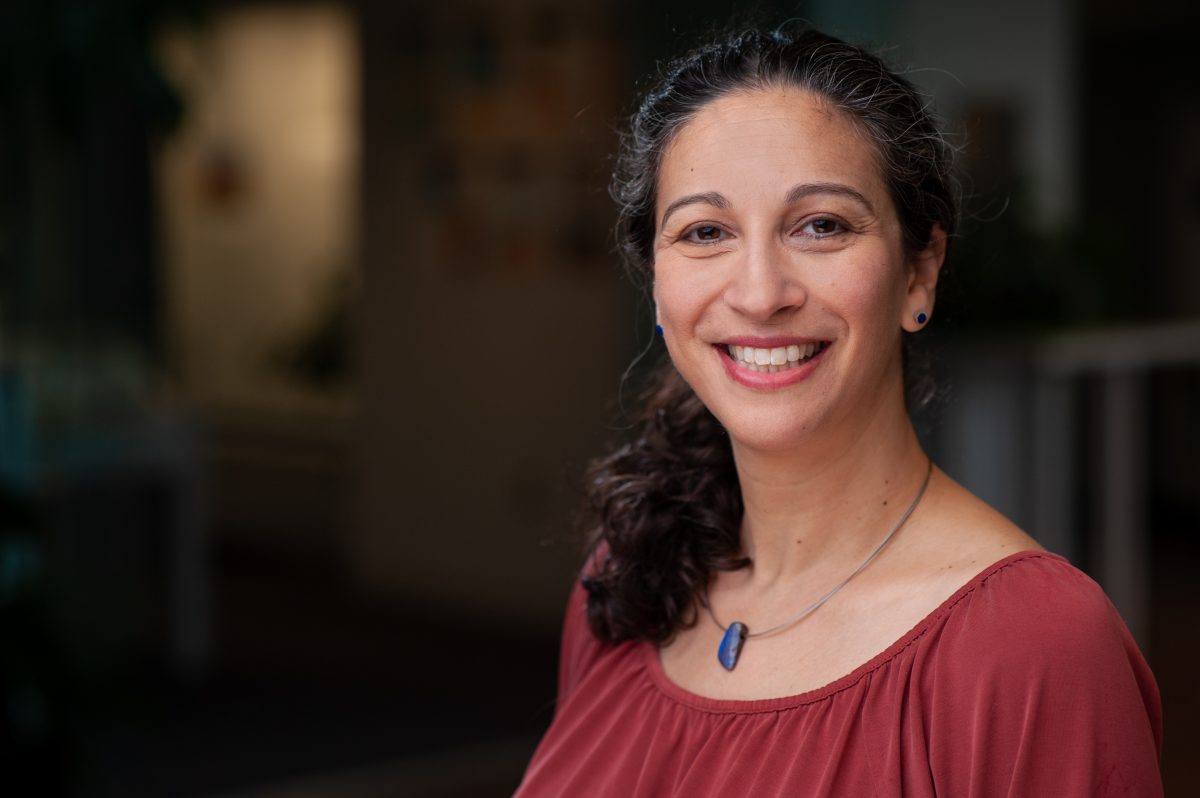
Sarah Willen
Co-Director, Research Program on Global Health and Human Rights
Associate Professor, Anthropology
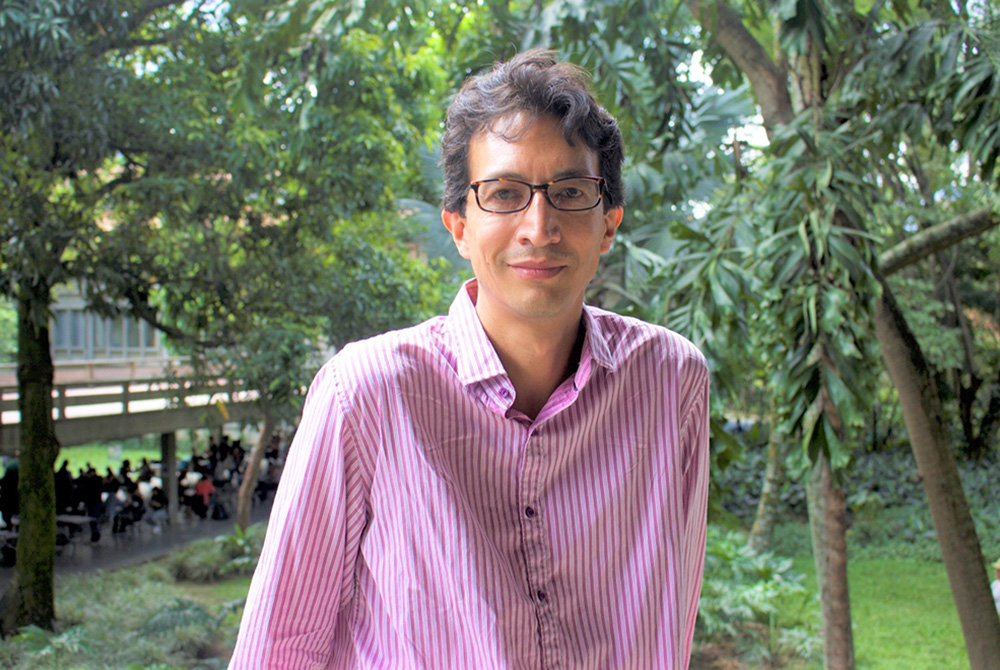
César E. Abadía-Barrero
Co-Director, Research Program on Global Health and Human Rights
Associate Professor, Anthropology and Human Rights
People

César Abadía-Barrero
Associate Professor, Anthropology & Human Rights
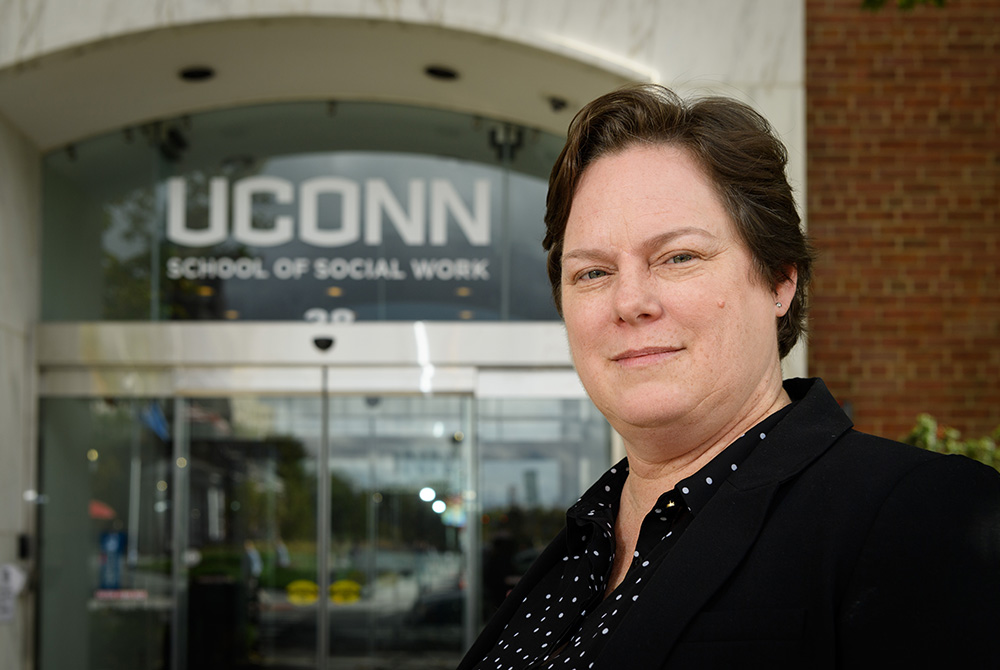
Megan Berthold
Associate Professor, School of Social Work
Graduate Certificate Coordinator, Social Work

Thomas Buckley
Associate Clinical Professor Emeritus, Pharmacy Practice
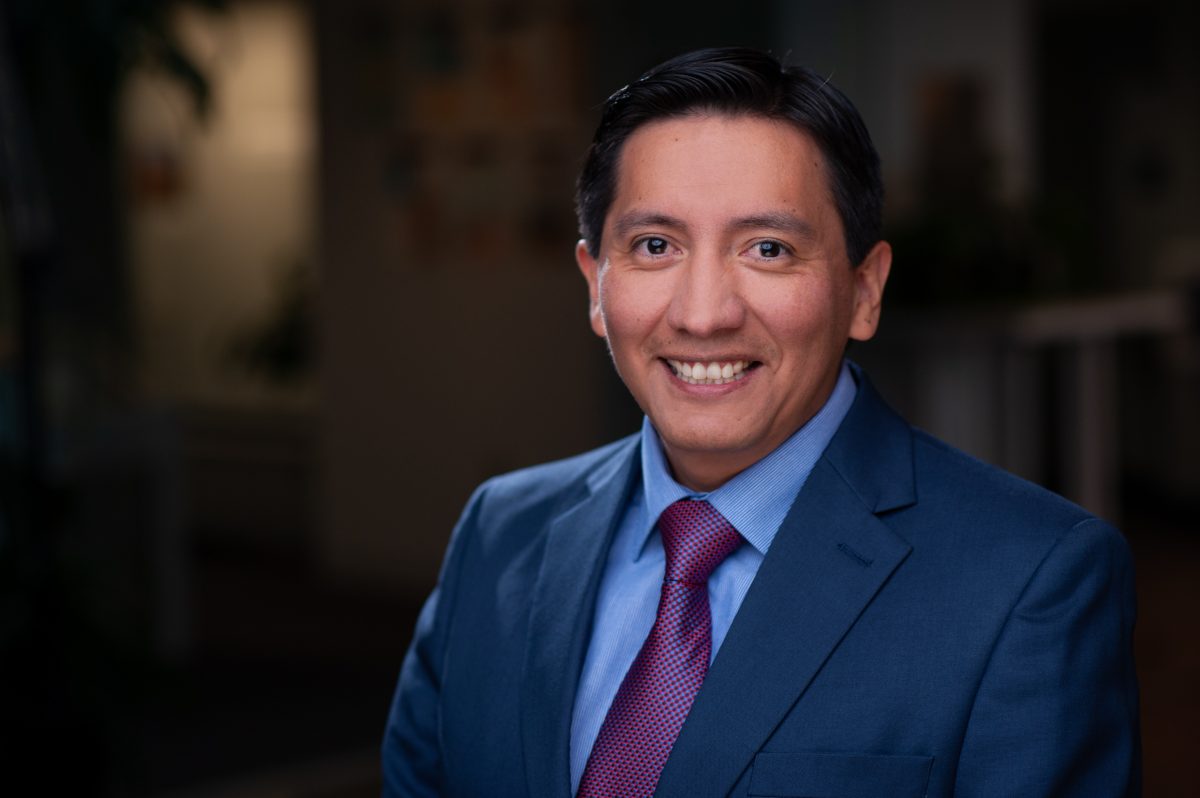
Davis Chacón Hurtado
Assistant Professor, School of Civil and Environmental Engineering & Human Rights, Co-Director Engineering for Human Rights Initiative

Audrey Chapman
Professor, Public Health Sciences
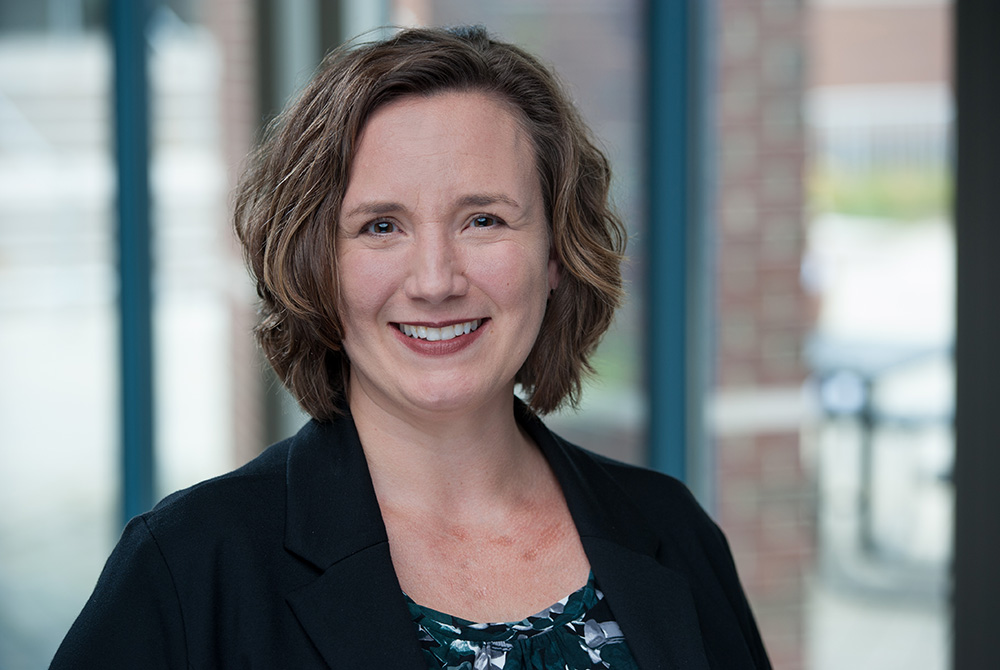
Molly Land
Graduate Certificate Coordinator, School of Law
Catherine Roraback Professor of Law
Professor, Human Rights

Kathryn Libal
Director, Gladstein Family Human Rights Institute
Professor, Social Work & Human Rights
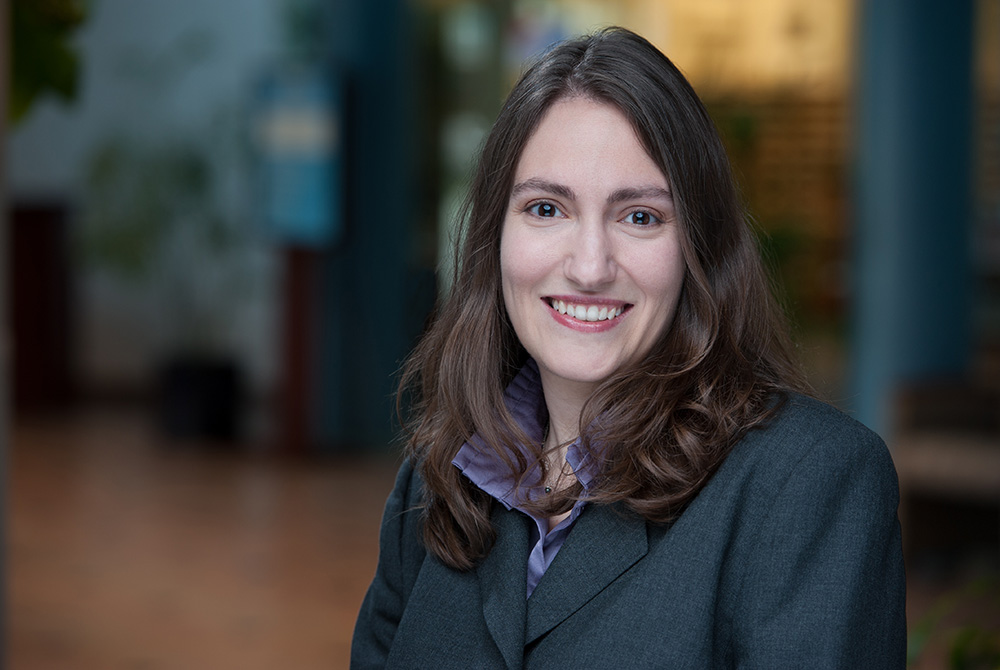
Sara Silverstein
Co-Director, Research Program on Humanitarianism
Assistant Professor, History & Human Rights

Sarah Willen
Co-Director, Research Program on Global Health and Human Rights
Professor, Anthropology
